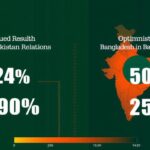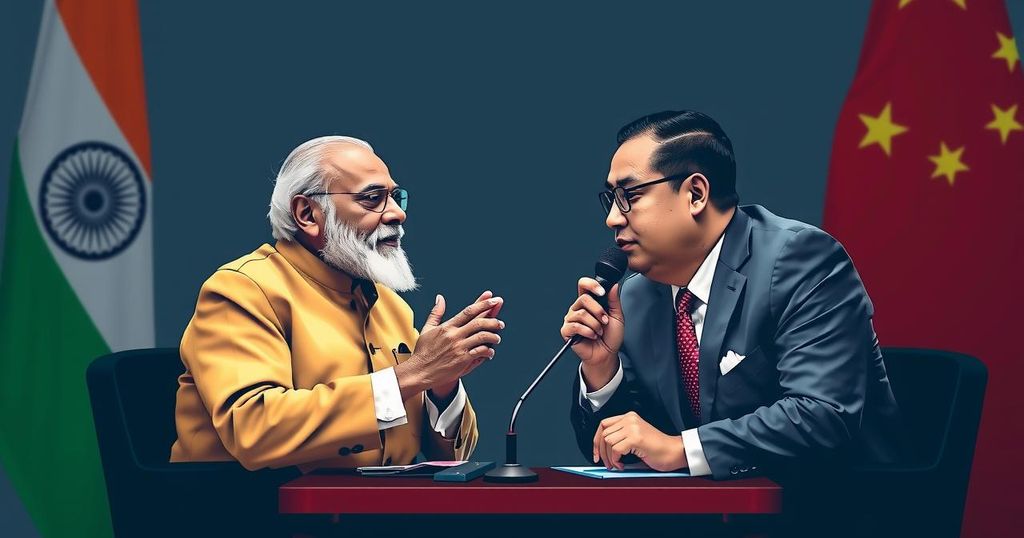Ethiopian Dam Challenges China’s Leadership Role in Global Affairs
The Grand Ethiopian Renaissance Dam (GERD) has emerged as a contentious issue between Ethiopia and Egypt, threatening to undermine China’s position as a leader among developing nations. With significant investments in the dam, tensions have escalated regarding water rights, necessitating China’s diplomatic balancing act. This situation underscores the complexities of China’s relationships with Africa, particularly as it seeks to mediate in a non-interfering manner while remaining committed to its aspirations on the global stage.
The ongoing conflict surrounding the Grand Ethiopian Renaissance Dam (GERD) poses a significant challenge for China’s aspirations as a prominent leader among developing nations. As Ethiopia seeks to finalize its ambitious hydroelectric project, currently valued at $4.6 billion and set to become Africa’s largest power plant, tensions with Egypt and Sudan are escalating. Egypt, situated more than 2,500 kilometers downstream, is increasingly alarmed by the dam’s potential to diminish its own water supply from the Nile, an essential resource for its population. Since Ethiopia commenced the dam’s filling process in 2020, relations between these nations have deteriorated further. This geopolitical landscape is complicated by the recent invitation of Ethiopia and Egypt to join Brics, the association of emerging economies that includes Brazil, Russia, India, China, and South Africa. With the Brics summit set to take place in Kazan, Russia, on October 22, the situation places China in a precarious position as it must navigate diplomatic relations while adhering to its policy of non-interference in Africa. China’s role as a global mediator has expanded in recent years; however, the GERD issue may challenge this status as China seeks to balance its relations with both Ethiopia and Egypt. Some experts suggest that the way China handles this dilemma could provide insight into its increasingly complex relationships with African nations and the Global South. As this situation develops, it not only has implications for China’s foreign policy but also for the geopolitical dynamics in the region.
The Grand Ethiopian Renaissance Dam (GERD) represents a critical infrastructural undertaking for Ethiopia, designed to generate electricity to benefit its economy and the wider East African region. However, this project has raised substantial concerns in Egypt, which relies heavily on the Nile for its water supply, and Sudan, which is directly affected by the flow of the Blue Nile. The filling of the dam’s reservoir has heightened tensions among these three nations and poses a significant foreign policy test for China, which has sought to establish itself as a champion of developing nations while also maintaining cooperative ties with all parties involved in the dispute.
The Grand Ethiopian Renaissance Dam stands as a pivotal issue that could complicate China’s role as a leader among developing nations and a mediator in international disputes. As tensions rise between Ethiopia, Egypt, and Sudan over water rights, China faces the challenge of reconciling its non-interference policy with an increasingly active desire to play a stabilizing role in global geopolitics. The outcome of this situation will not only impact the involved nations but also shape the perception of China’s leadership in the Global South.
Original Source: www.scmp.com








Post Comment